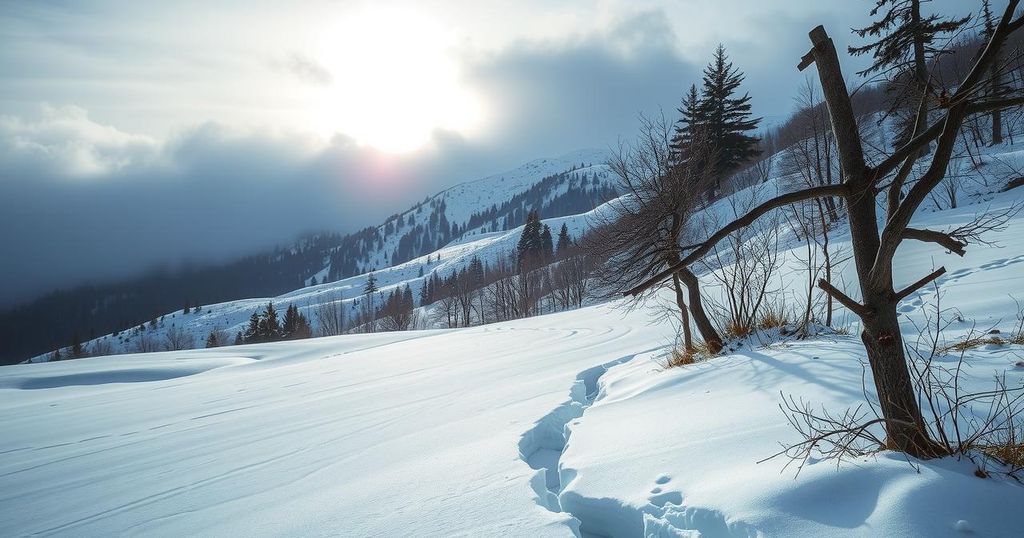The Future of Winter Sports Amidst Climate Change Challenges

As climate change impacts winter sports through declining snow cover and shorter seasons, FISU faces sustainability challenges. Athletes have urged for action on climate issues, and while technological innovations offer hope, collective efforts are necessary to ensure the future of winter sports. The next steps towards sustainability must be taken now to protect the sport and its ecosystem.
Winter sports have been integral to the FISU movement, highlighting exceptional athletic talent and fostering career opportunities for participants. Events such as the FISU World University Games Winter unite athletes globally, fueling their passion for snow and ice sports. However, the threat posed by climate change jeopardizes the future sustainability of these activities, as rising temperatures increasingly impact snow availability and sporting events.
The effects of climate change have resulted in diminishing snow cover in popular winter sports locations, including the Alps, Rockies, and Scandinavia. This decline has curtailed ski seasons and is causing significant challenges for lower-altitude resorts. Notably, regions in the Southern Hemisphere are experiencing similar issues, impinging on winter sports tourism and training, particularly during peak seasons.
The future of winter sports hinges upon collaborative efforts from athletes, officials, and supporters to address climate change effectively. This crisis not only affects the sports themselves but also the environmental contexts and communities linked to them. As the FISU prepares for future events, a commitment to innovative solutions and sustainable practices will be crucial to ensure the continuity of winter sports in an increasingly warm world.
Original Source: www.fisu.net






